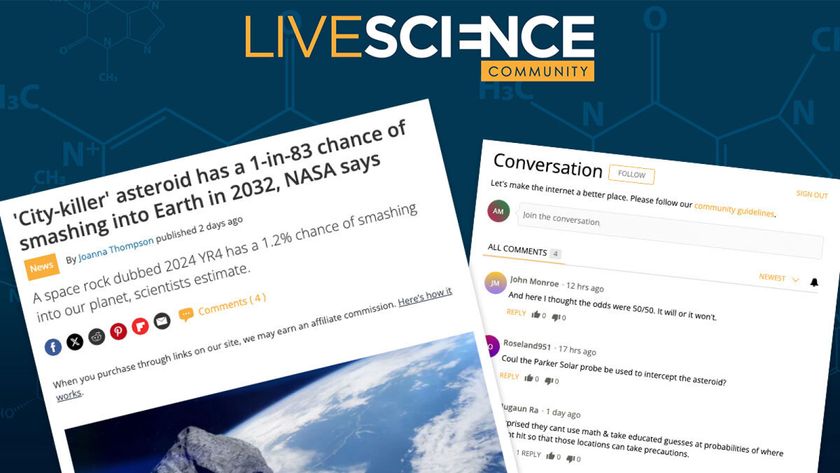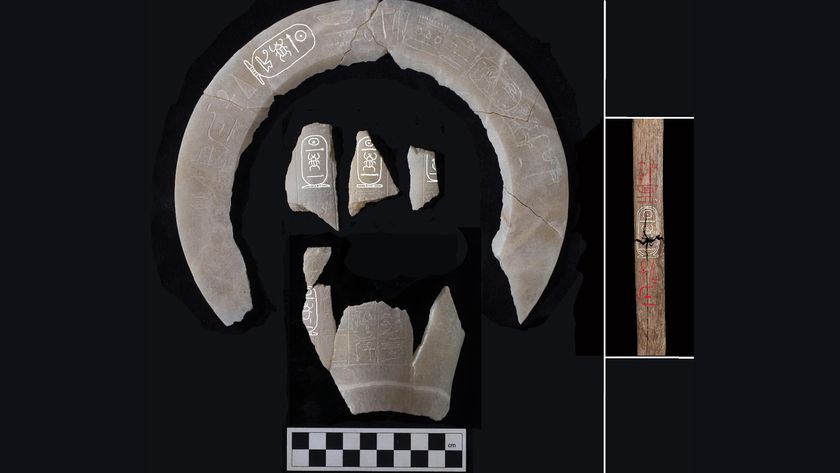How We Enjoy Self-Interest Without Feeling Selfish

Humans are often torn between selfish and social impulses. Sometimes when we make a decision in our own self-interest, we feel guilty for putting ourselves before others. But new research suggests we can clear our conscience if we feel like a selfish outcome has been decided for us.
"Often people really want to act in a selfish manner," researcher Jonathan Berman, of the University of Pennsylvania's Wharton School, said in a statement. "But they don't do so, because they know they would feel selfish if they did."
Berman and another Wharton researcher Deborah Small showed in their study that taking away the burden of responsibility for an outcome allows individuals to enjoy a self-interested outcome without feeling selfish.
In the first experiment in the study, which was published this month in the journal Psychological Science, 216 undergraduates were each given a bonus of $3 as soon as they arrived to participate. Some were instructed to give their bonus to the non-profit charity UNICEF, while others were told to keep it and another group was told that they could choose what to do with the money.
Compared with the participants who were told to donate the $3 and those who were free to choose, the students who were told to keep the cash reported being happier, likely because they could enjoy the outcome but didn't have to choose between their self-interest and others, the researchers said.
To make sure the students weren't simply happier because they didn't have to make any kind of decision, the researchers set up another experiment. They had three groups of participants choose between receiving a $5 gift card and donating the $5 to a charity; receiving a $5 gift card from Au Bon Pain and receiving a $5 gift card from Starbucks; or donating the $5 to the Red Cross and donating $5 UNICEF. The participants who only had to choose between the Starbucks and Au Bon Pain gift cards reported being the happiest.
In another experiment, the researchers manipulated the students' sense of agency. All the undergrads were asked to say whether they would rather keep or donate the bonus money. One half of that group was told they would get their preference, while the other half was told a computer would choose whether they would keep or donate the money. But the experiment was rigged so that in reality, all participants got their stated preference.
Sign up for the Live Science daily newsletter now
Get the world’s most fascinating discoveries delivered straight to your inbox.
Of those students who said they wanted to keep the cash, those who thought the computer made the choice felt happier with the outcome than those who believed they had made the choice.
Even though the imposing a selfish outcome made the students happier, people like the idea of having a choice, the researchers found. Another group of undergrads was asked which hypothetical condition they would prefer: an imposed self-interested outcome, an imposed charity donation or a choice. The researchers found 63.6 percent said that they wanted a choice.
Follow LiveScience on Twitter @livescience. We're also on Facebook & Google+.

Most Popular




